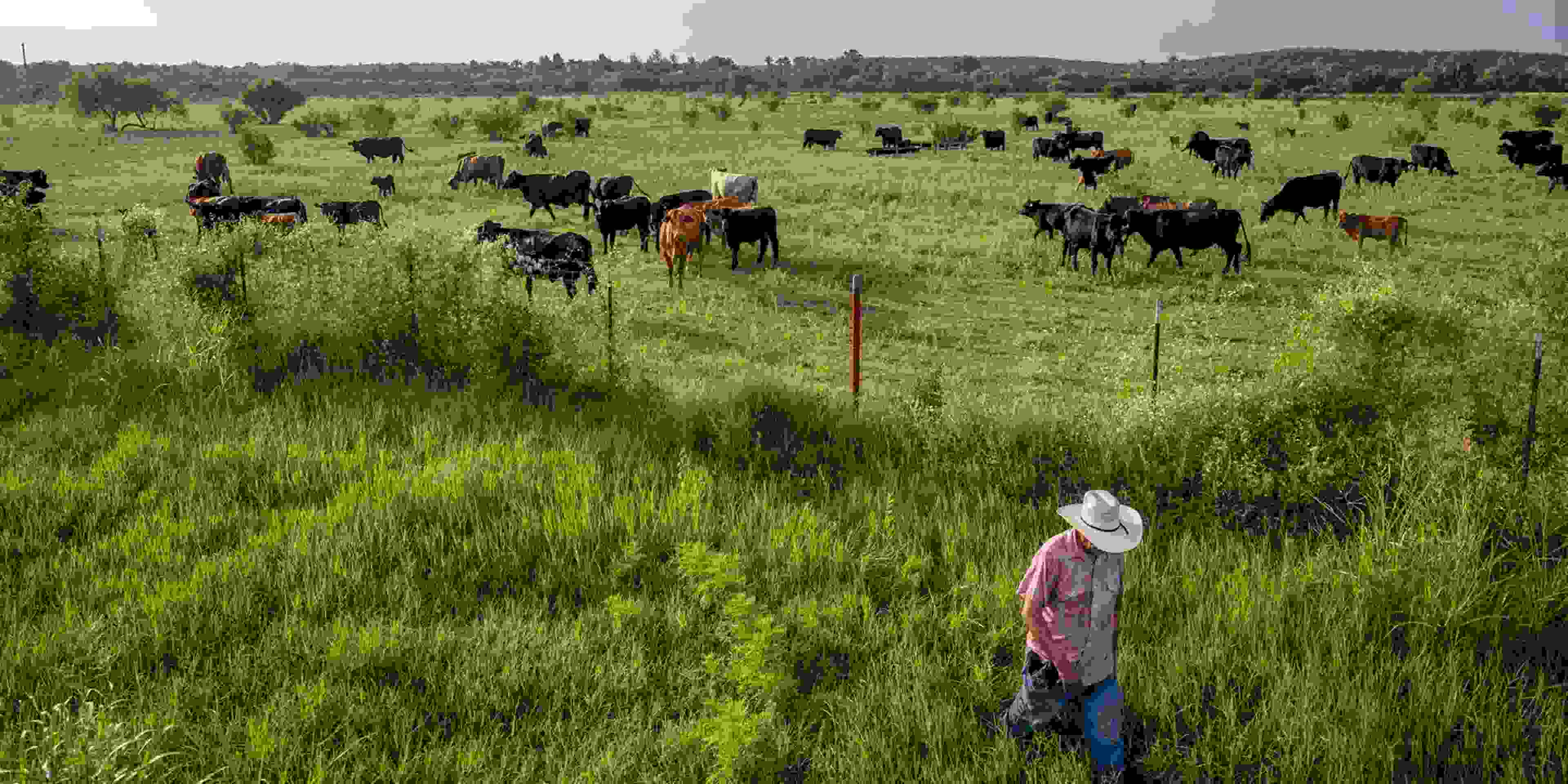Toraja - In the highlands of South Sulawesi, Indonesia, the Toraja people are known for their extraordinary customs surrounding life, death, and the afterlife. One of their most unique traditions is the practice of keeping deceased relatives at home for an extended period before burial. Far from being seen as morbid, this ritual reflects the Toraja’s deep respect for their ancestors and their belief in the close connection between the living and the dead.
In Toraja culture, death is not considered the end of life, but a transition to the afterlife. When a family member passes away, they are not immediately buried. Instead, the body is carefully preserved using natural methods or formaldehyde and placed in a special room inside the family home. The deceased is referred to as to makula—meaning “the sick person”—and is still treated as part of the household.
During this time, family members continue to offer food, drinks, and conversations to the deceased, believing that their spirit remains present and aware. The body may be kept for weeks, months, or even years, depending on the family’s financial ability to hold the grand funeral ceremony known as Rambu Solo’.
This tradition is deeply tied to Toraja values of family unity, respect for ancestors, and social status. Funerals are considered the most important event in Toraja life, often involving hundreds of guests, ritual dances, buffalo sacrifices, and cultural performances. Only after this elaborate ceremony is the body buried in cliff-side tombs or cave graves.
For outsiders, the idea of living with the dead may seem unusual, but for the Toraja people, it is a profound way to honor loved ones and maintain a connection between the physical and spiritual worlds. This practice has also become a fascinating cultural attraction, drawing visitors who wish to learn about one of the most unique death rituals in the world.
